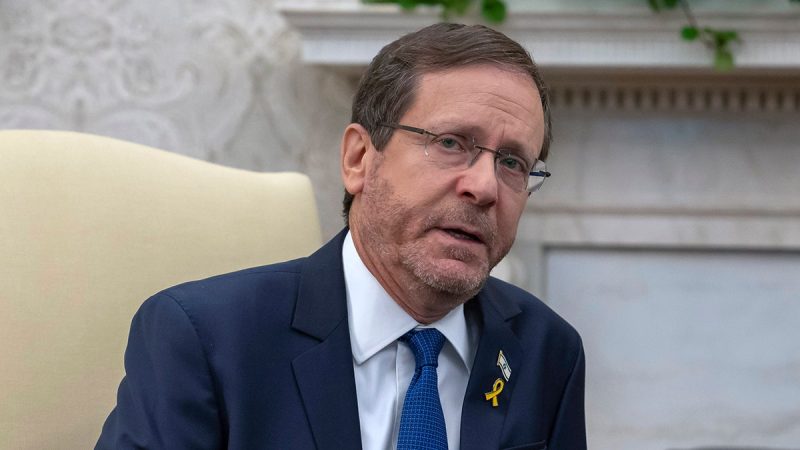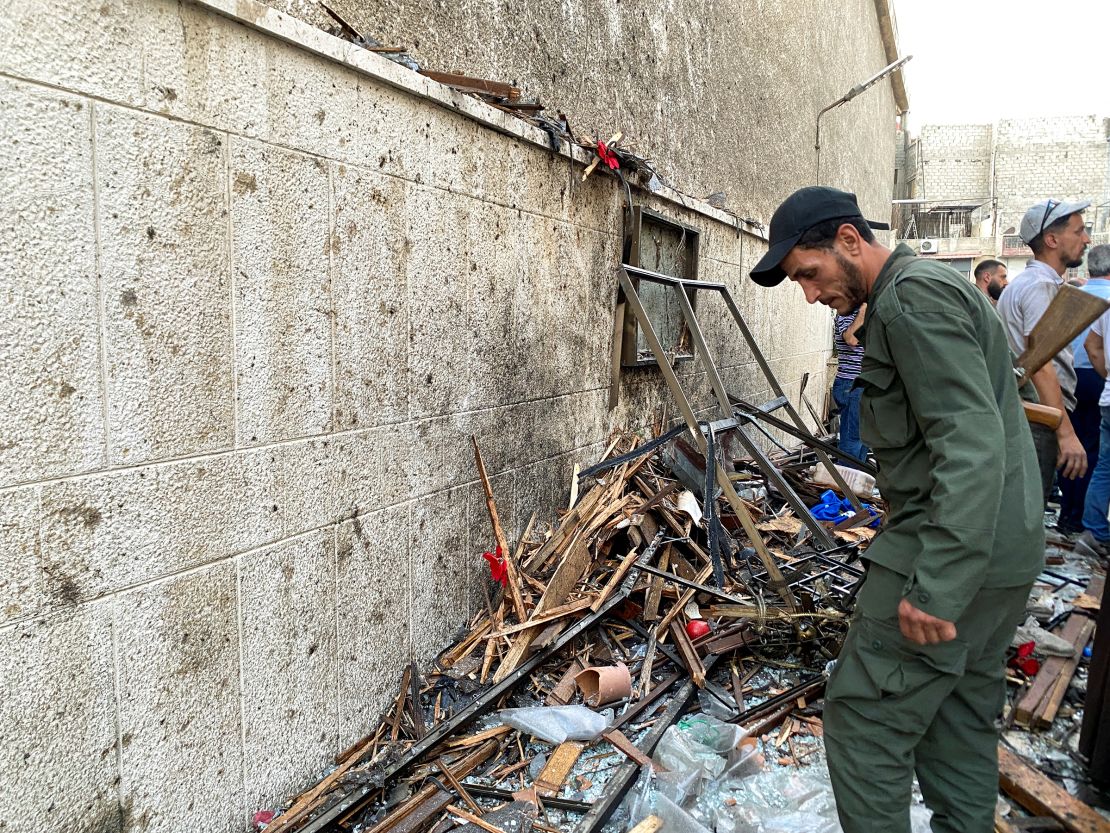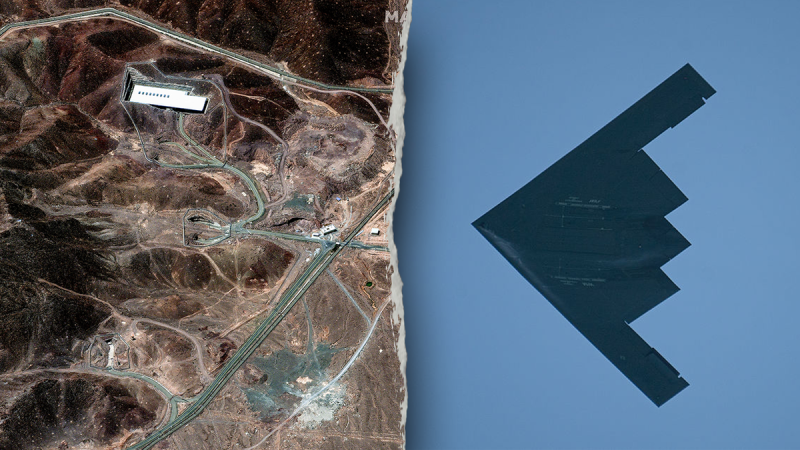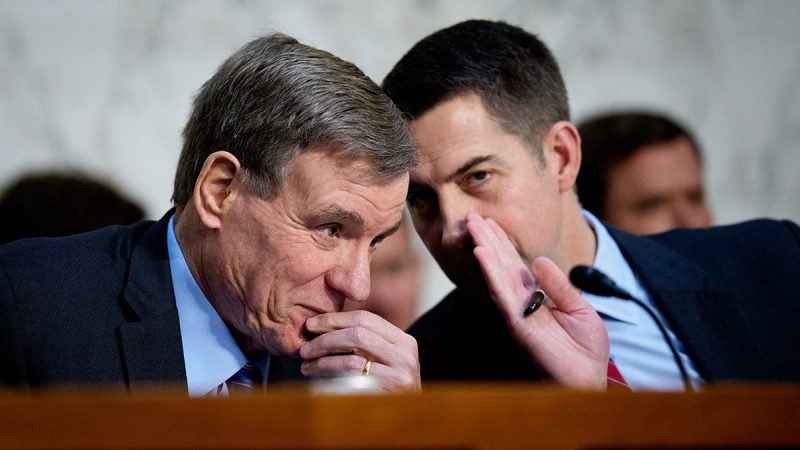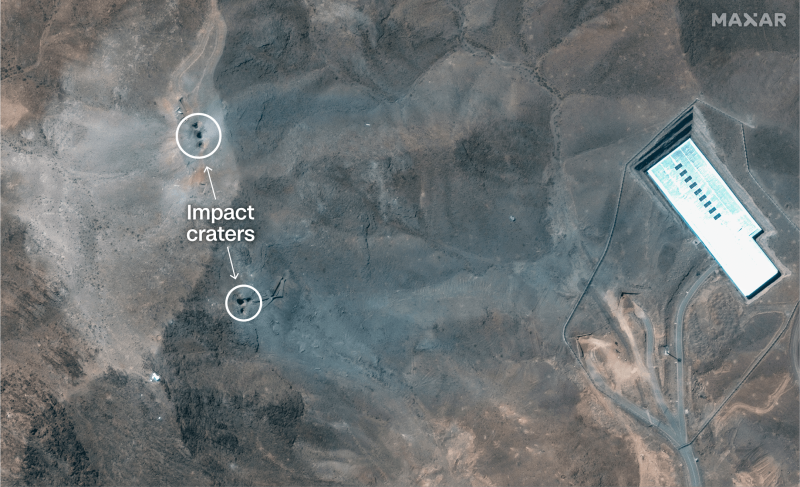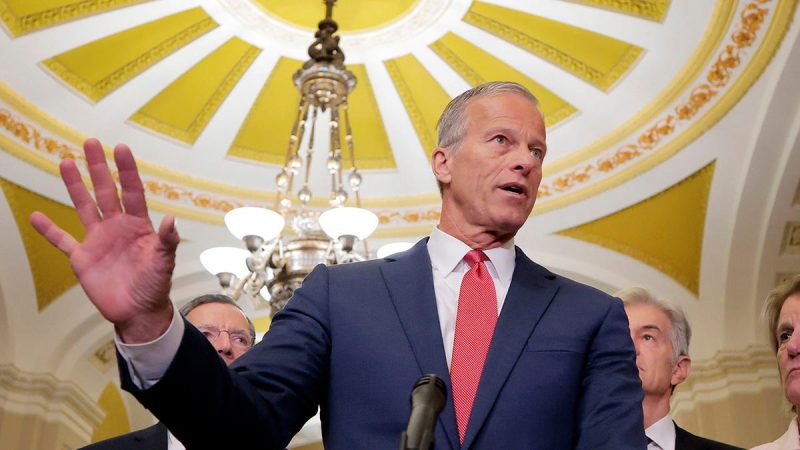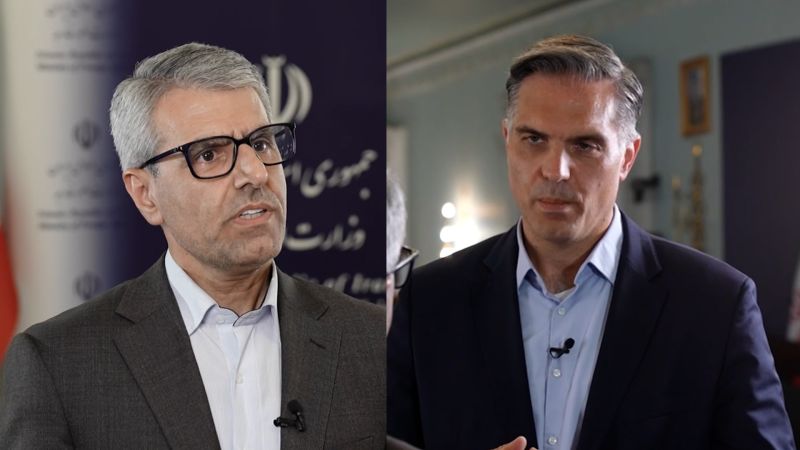
US President Donald Trump’s decision to strike Iran’s nuclear facilities puts the Middle East in a volatile position, with all eyes now on Tehran’s next move.
Speaking in Istanbul, Iran’s Foreign Minister Abbas Araghchi said on Sunday his country has “a variety of options” when deciding how to respond to the US attacks.
From striking US bases in the region, to possibly closing a key waterway to global shipping, Iran is likely mulling its next moves. All carry inherent risks for the Islamic Republic, Israel and the United States.
Here’s what to know:
Direct US involvement in the conflict could see Iran’s Islamic Revolutionary Guard Corps (IRGC) activate what remains of its proxies across Iraq, Yemen and Syria, groups which have previously launched attacks on American assets in the region.
While Iran’s strongest ally in the region was once Lebanon’s Hezbollah, that group has been significantly weakened by Israeli attacks.
The Council on Foreign Relations (CFR) says the US maintains a presence at 19 sites in total across the region, with eight of those considered by analysts to have a permanent US presence. As of June 13, the CFR estimated some 40,000 US troops were in the Middle East.
In Iraq, for example, there were 2,500 US troops as of late last year. An Iranian attack on these forces is not inconceivable. In 2020, an Iranian missile attack on a US garrison left more than 100 soldiers with traumatic brain injuries.
A resurgence of attacks from Yemen against US assets is already on the table. Yemen’s Iran-backed Houthi rebels previously vowed to attack American ships in the Red Sea should the US join Israel’s conflict with Iran. A prominent Houthi official said in a social media post early Sunday that “Trump must bear the consequences” of the US airstrikes on Iranian nuclear facilities.
It is unclear if this marks the end of a US-Houthi ceasefire struck in May, in which Washington said it would halt its military campaign against the Houthis in exchange for the group stopping its attacks on US interests in the region.
Knowing that it can’t outright win a conflict against Israel and the US, experts have said that Tehran could seek to engage in a war of attrition, where it tries to exhaust its adversary’s will or capacity to fight in a drawn-out and damaging conflict, which Trump at the outset of his presidency said he wanted to avoid.
Iran also has the power to influence the “entire commercial shipping in the Gulf,” Ravid said, should it decide to close the Strait of Hormuz, a key oil shipping route.
There have so far been no material disruptions to the global flow of oil. But if oil exports are disrupted, or if Iran tries to block the Strait of Hormuz, the global oil market could face an existential crisis.
The strait links the Persian Gulf to the open ocean and is a key channel for oil and liquefied natural gas exports from the Middle East to the global market. About 20 million barrels of oil flow through the strait each day, according to the US Energy Information Administration.
A prominent adviser to Iran’s supreme leader has already called for missile strikes and the closure of the Strait of Hormuz.
“Following America’s attack on the Fordow nuclear installation, it is now our turn,” warned Hossein Shariatmadari, the editor-in-chief of the hardline Kayhan newspaper, a well-known conservative voice who has previously identified himself as a Khamenei “representative.”
Some experts say that Iran is very likely to race for a nuclear bomb now, even if the current regime collapses and new leaders come in place.
“Trump just guaranteed that Iran will be a nuclear weapons state in the next 5 to 10 years,” Trita Parsi, executive vice president of the Quincy Institute in Washington, DC, said on X. “Particularly if the regime changes.”
Parsi has said that even if the regime collapses and new military elements assume power, they are likely to be much more hawkish than the current regime and race toward a nuclear weapon as their only deterrent.
Experts have previously said that Iran likely moved its stocks of enriched uranium from its key nuclear facilities amid Israeli strikes.. Nuclear power plants that generate electricity for civil purposes use uranium that is enriched to between 3.5% and 5%. When enriched to higher levels, uranium can be used to make a bomb Israel and the US accuse Iran of pursuing nuclear weapons; Tehran insists its program is peaceful.
Iran is also likely to withdraw from the Nuclear Non-Proliferation Treaty, or the NPT, under which it has pledged not to develop a bomb.
“Iran’s response is likely not just limited to military retaliation. NPT withdrawal is quite likely,” Ali Vaez, director of the Iran Project at the International Crisis Group, said on X.
Iran’s first response to the US’ attack on its nuclear sites was to attack Israel, not US bases.
Iranian missiles hit a group of buildings in Tel Aviv, where 86 people were admitted to hospital with injuries overnight and on Sunday morning, according to Israel’s ministry of health.
Knowing it may not be able to sustain a full-on confrontation with the US, and hoping that Trump will scale back on his involvement following Sunday’s strike, Iran may merely seek to perpetuate the status quo, fighting only Israel.
Trump at the time wanted to “send a big message, get the headlines, show US resolve, but then avoid a wider war,” Shabani said.
While Iran may feel it has to retaliate to save face, it may be a bloodless response, similar to what happened in 2020, when it launched a barrage of missiles at US bases in Iraq, which resulted in traumatic brain injuries to personnel but no deaths.
Two military analysts have said Iran could resort to “asymmetric” measures – such as terrorism or cyberattacks – to retaliate against the US because Israeli attacks have reduced Iran’s military capabilities.
“I think (the IRGC is) going to be a little bit careful, and I suspect that’s going to take us to all of the asymmetric things they can do: cyber, terrorism. I think that they’re probably going to be looking for things where the US cannot just put up the traditional defenses,” he added.
But, “albeit wounded,” the IRGC still has “some tremendous capacity,” he said. “It has capabilities that are already within the region and then outside the region. We are vulnerable… around the world, where the IRGC has either influence or can make things happen asymmetrically.”
Iran has refused to return to the negotiating table while under Israeli attacks.
On Sunday, Araghchi said he does not know how “much room is left for diplomacy” after the US military strikes on Iranian nuclear facilities.
“They crossed a very big red line by attacking nuclear facilities. … We have to respond based on our legitimate right for self-defense,” Araghchi said.
Parsi said that by doing so, “the Iranians have cornered themselves.”
“Their aim is to force Trump to stop Netanyahu’s war, and by that show his ability and willingness to use American leverage against Netanyahu,” Parsi wrote. “But the flip side is that Tehran has given Israel a veto on US-Iran diplomacy – by simply continuing the war, Israel is enabled to block talks between the US and Iran.”
Iranian and European officials met Friday in Geneva for talks, which an Iranian source said started out tense but became “much more positive.”
Speaking Sunday, Araghchi said the US had decided to “blow up” diplomacy.
“Last week, we were in negotiations with the US when Israel decided to blow up that diplomacy. This week, we held talks with the E3 (group of European ministers)/EU when the US decided to blow up that diplomacy,” Araghchi said on X.
“The more likely situation is that the talks are over for now.”
This post appeared first on cnn.com
